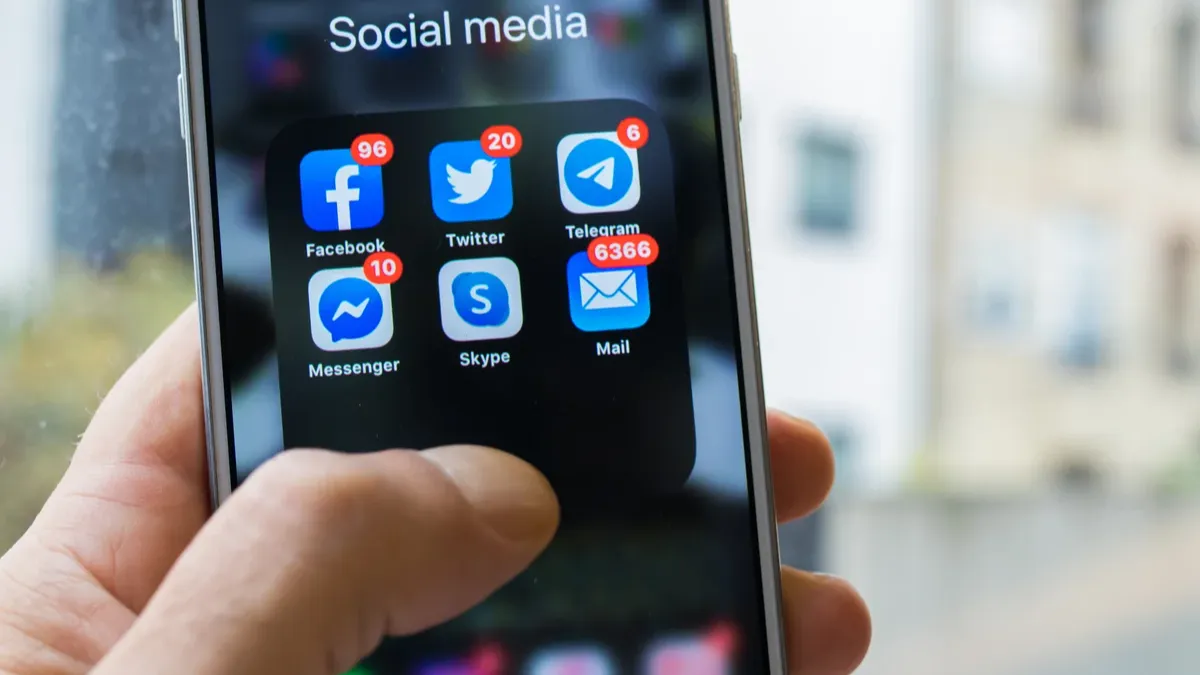Streetbees Shares

Uncover the real insights behind Gen Z—what they truly value, how they want brands to engage with them, and what drives their loyalty. Get ahead with actionable, data-driven strategies.

[Whitepaper] Moments that matter: How Gen Z & Millennials shape their digital and daily life

[Webinar recording] Moments that matter: How Gen Z & Millennials shape their digital and daily life



.png)
[Webinar recording] Breaking the bias: The truth about today’s Gen Z consumers (F&B edition)
.png)
[Webinar recording] Breaking the bias: The truth about today’s Gen Z consumers



Making it in the Metaverse: How to connect with your customers
How to connect with your customers

Making it in the Metaverse: How to connect with your customers
How to connect with your customers


By subscribing to this list, you’ll receive Streetbees Shares resources like insights whitepapers, webinars and newsletters straight to your inbox. If you change your mid you can unsubscribe at any time. We only use data provided to us in accordance with our Privacy Policy.








